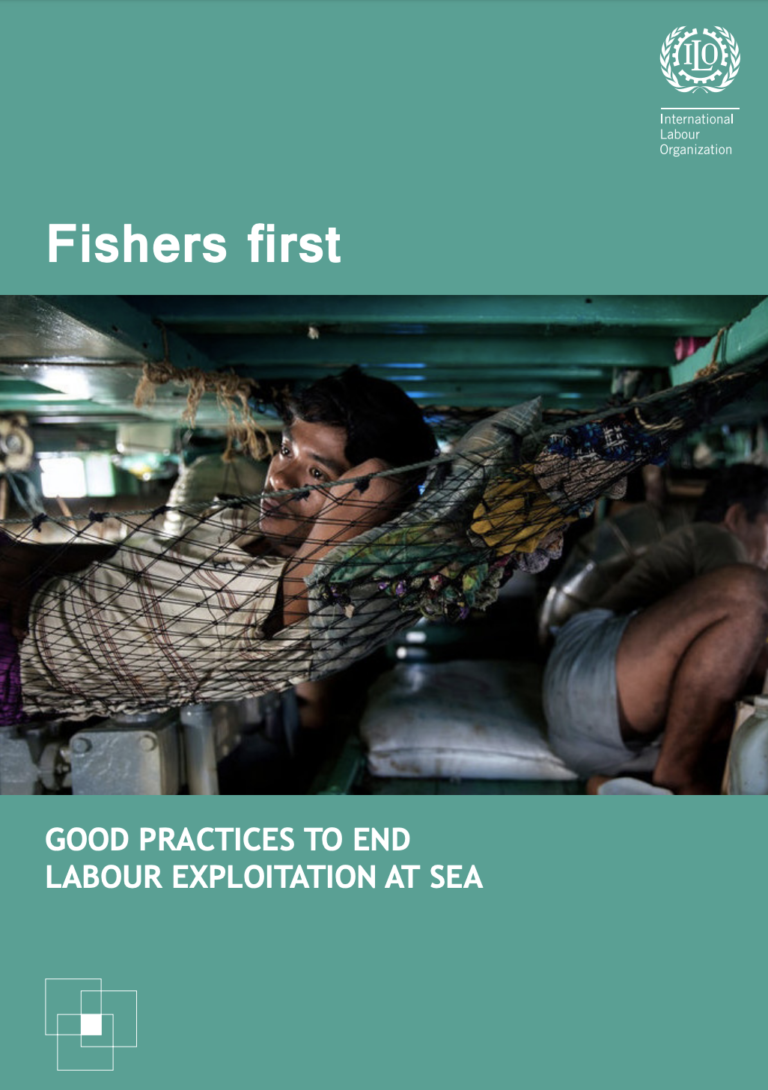Approaches to Safe Migration Activities in Counter Trafficking Projects: Learning from Our Actions – USAID Asia CTIP Learning Paper Series
Good PracticesThis Learning Paper Series was developed by the USAID Asia Counter Trafficking in Persons (CTIP) project with the overall aim to learn from our current and previous programming to better inform our future work. Winrock In- ternational is the im...Read More

